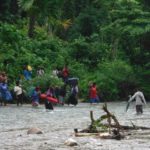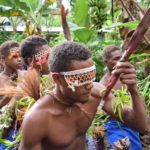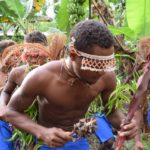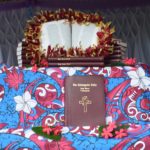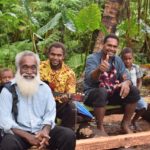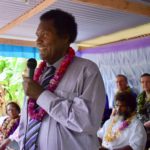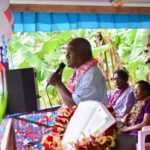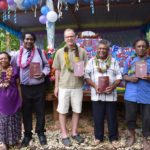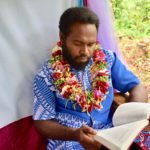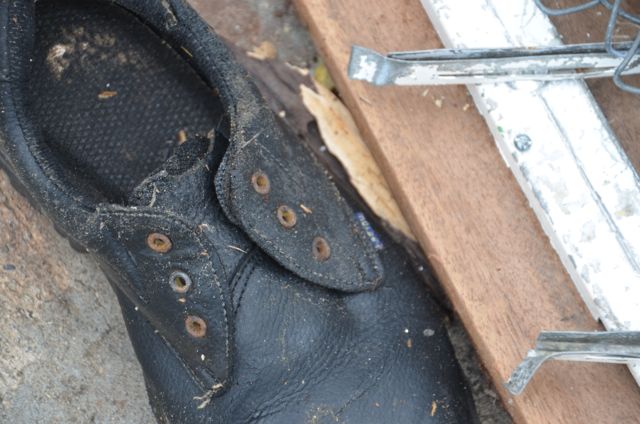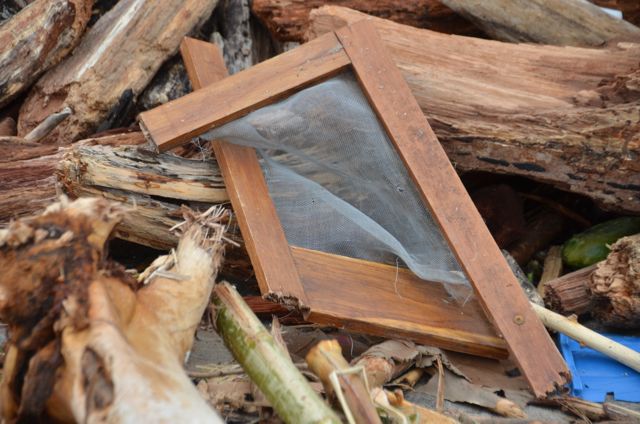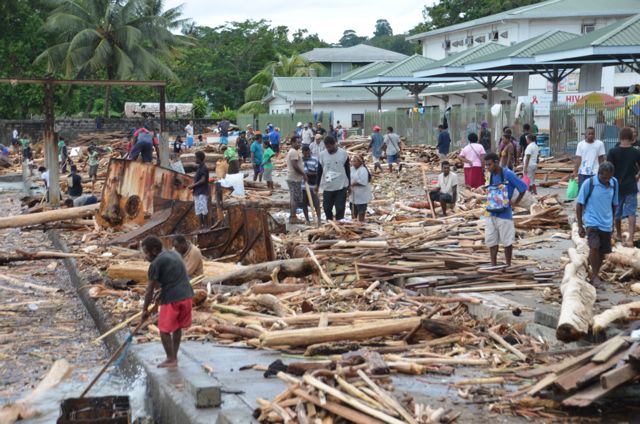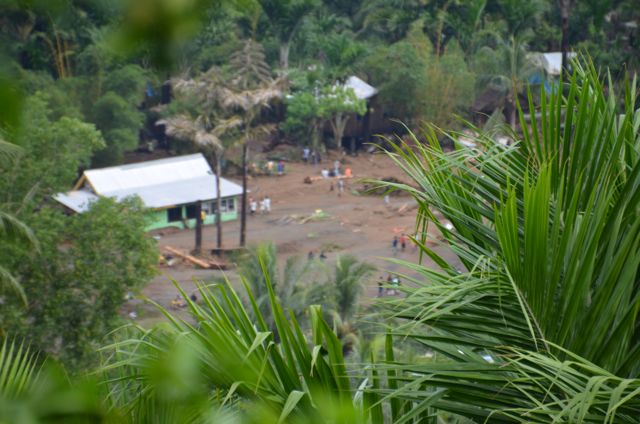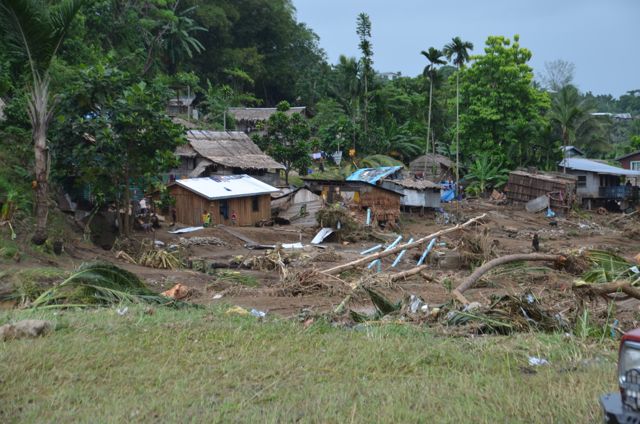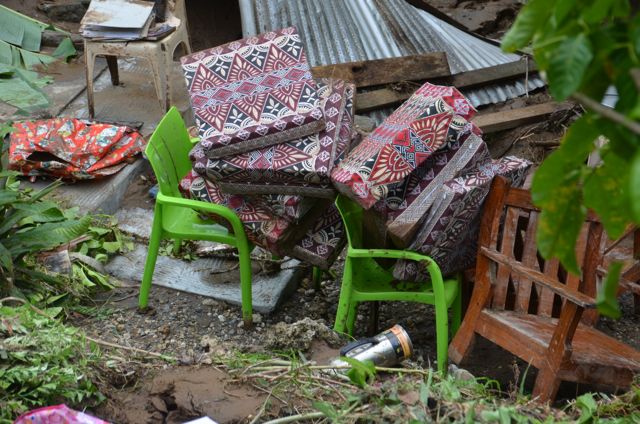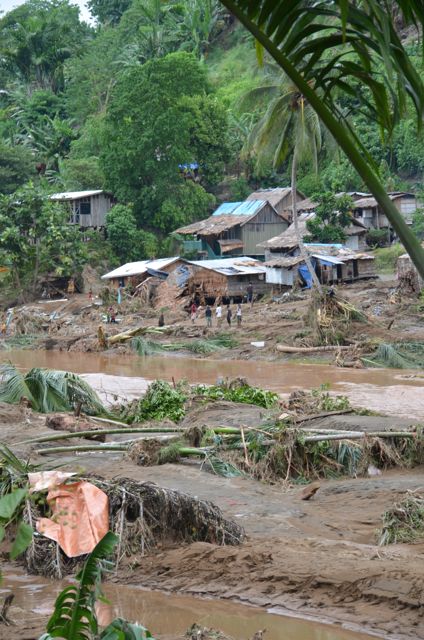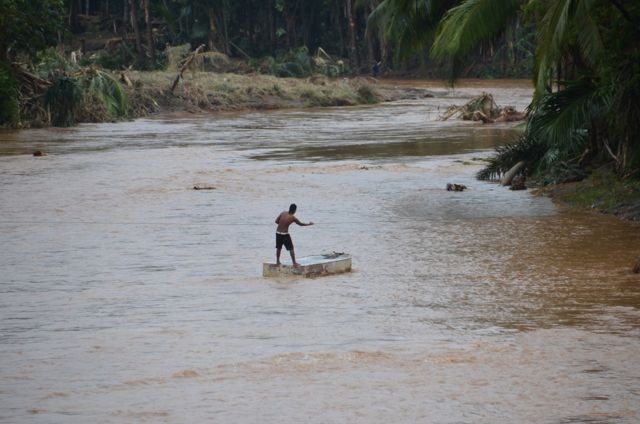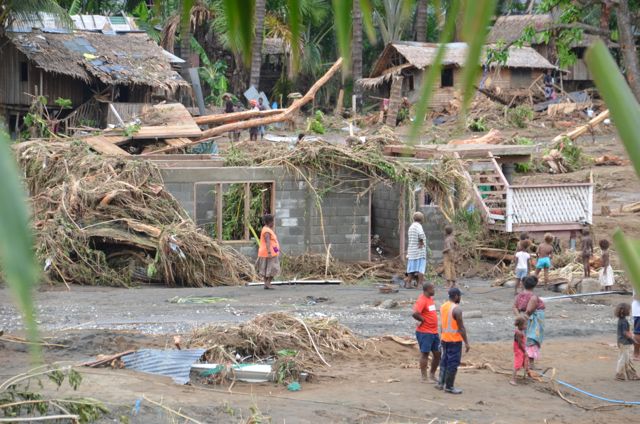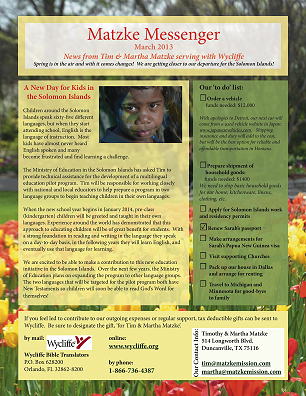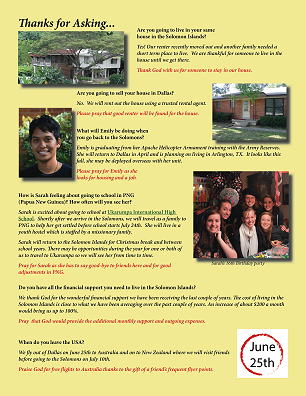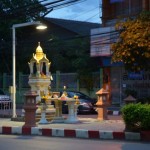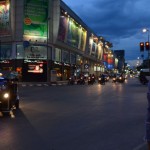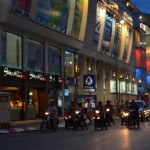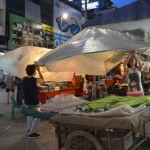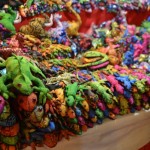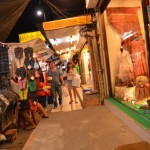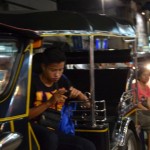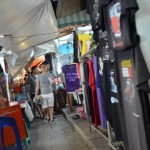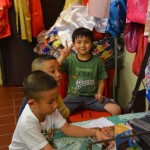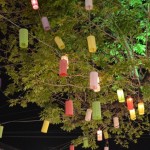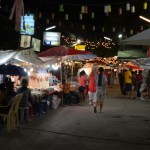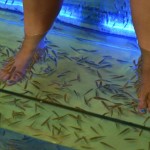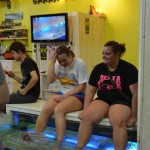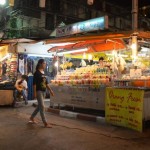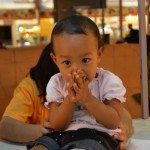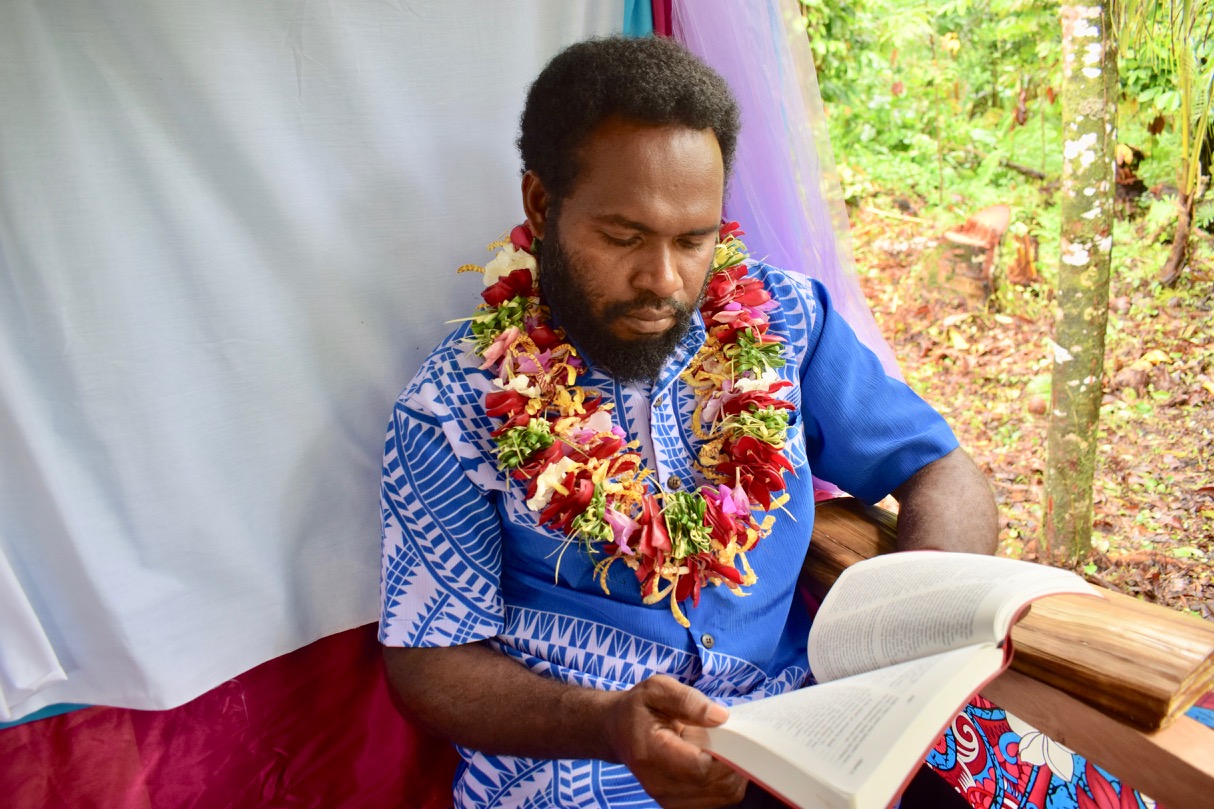
More than 50 years ago in a Baeguu village on Malaita Island, a young boy was suffering from malaria. His father who had animistic rituals for everything in life, tried his best to appease the spirits on behalf of his son. When his son died anyway, he became angry with the spirits who had failed him and he moved the family off the mountain and down to a Christian village.
The family started to learn the ways of the Christian life, including attending church services. Erastus, one of the man’s sons, was about 10 years old at the time. He was given a Bible, the first book he had ever seen. He didn’t know how to hold it, much less make any sense of the lines of English words that filled the pages.
A woman in the church started to teach Erastus how to read the Bible in King James English, one verse at a time. It was hard work, especially since he knew no English, but slowly he began to understand how to read the words.
As he struggled to understand the text, he wondered what it would be like to have a Bible in his own Baeguu language. As he contemplated this idea, he thought that perhaps English was a ‘pure’ language suitable for God’s Word, but Baeguu was not.
Gradually, various opportunities allowed Erastus Otairobo to continue his education. He progressed through grade 3 and later he went to Onepusu Bible School where he became the top student in his class. Sometime later, when Erastus was a Bible student at CLTC (Christian Leadership and Training College) in PNG (Papua New Guinea), a guest lecturer introduced the topic of Bible translation and Erastus began to realize that God’s Word could be translated into Baeguu!
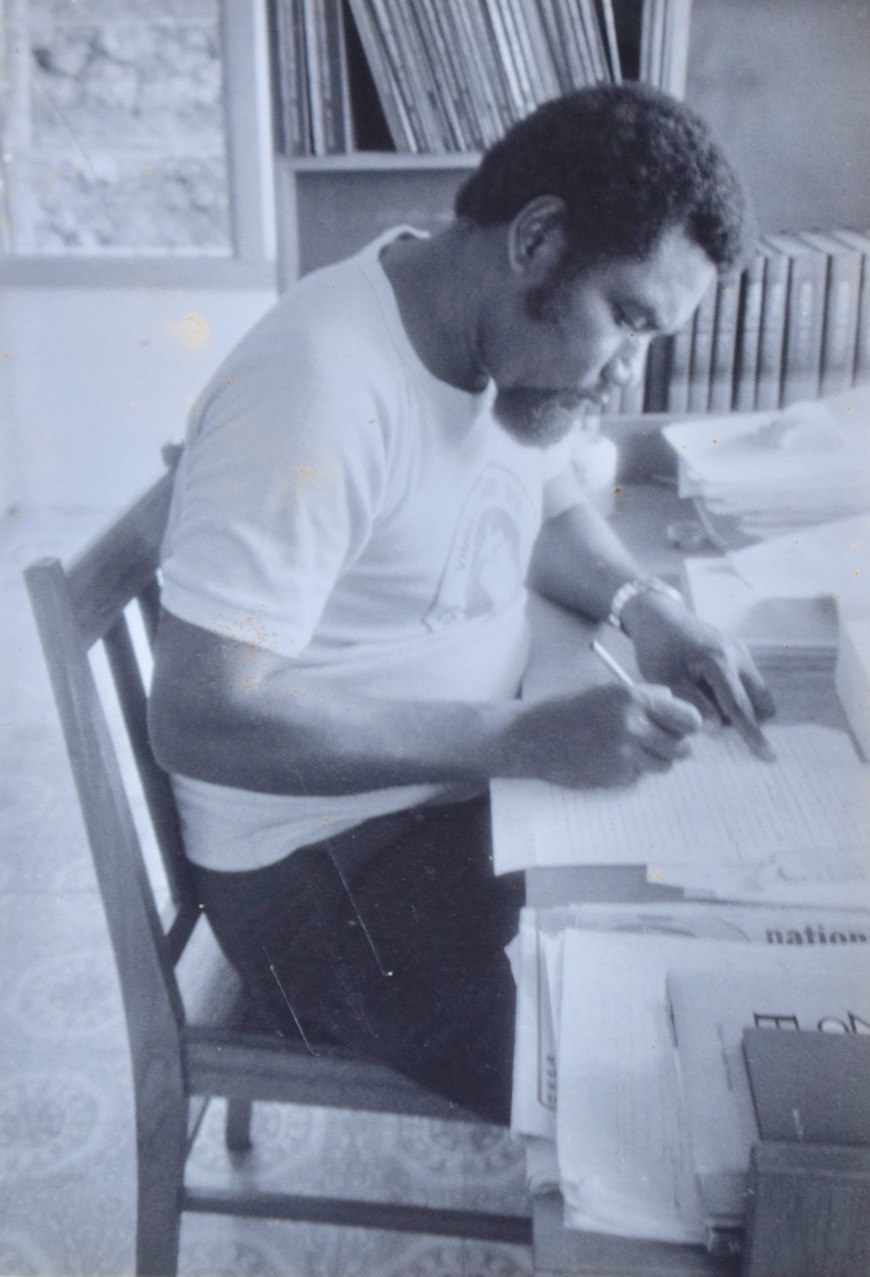
God lead Erastus to return to the Solomons where he was asked to help translate the Pijin Bible. His skills in translation lead to further training as a translation consultant and he helped other language groups in PNG and the Solomons to have God’s Word in their language. But he never forgot his desire to see the Scriptures translated into Baeguu.
In 2008, The Seed Company and Wycliffe Bible Translators asked Erastus Otairobo to head up the efforts to translate the Baeguu New Testament in partnership with SITAG (Solomon Islands Translation Advisory Group).
The translation team included Pastor Fred Fono, Fr. Peter Faukona and Paul Saeni and translation consultant Pat Andrews from The Seed Company. Erastus worked on the translation from PNG and traveled back to the Solomons several times each year to work with the translation team to review and check the translation. After the translation was completed, the New Testaments were printed in Korea.
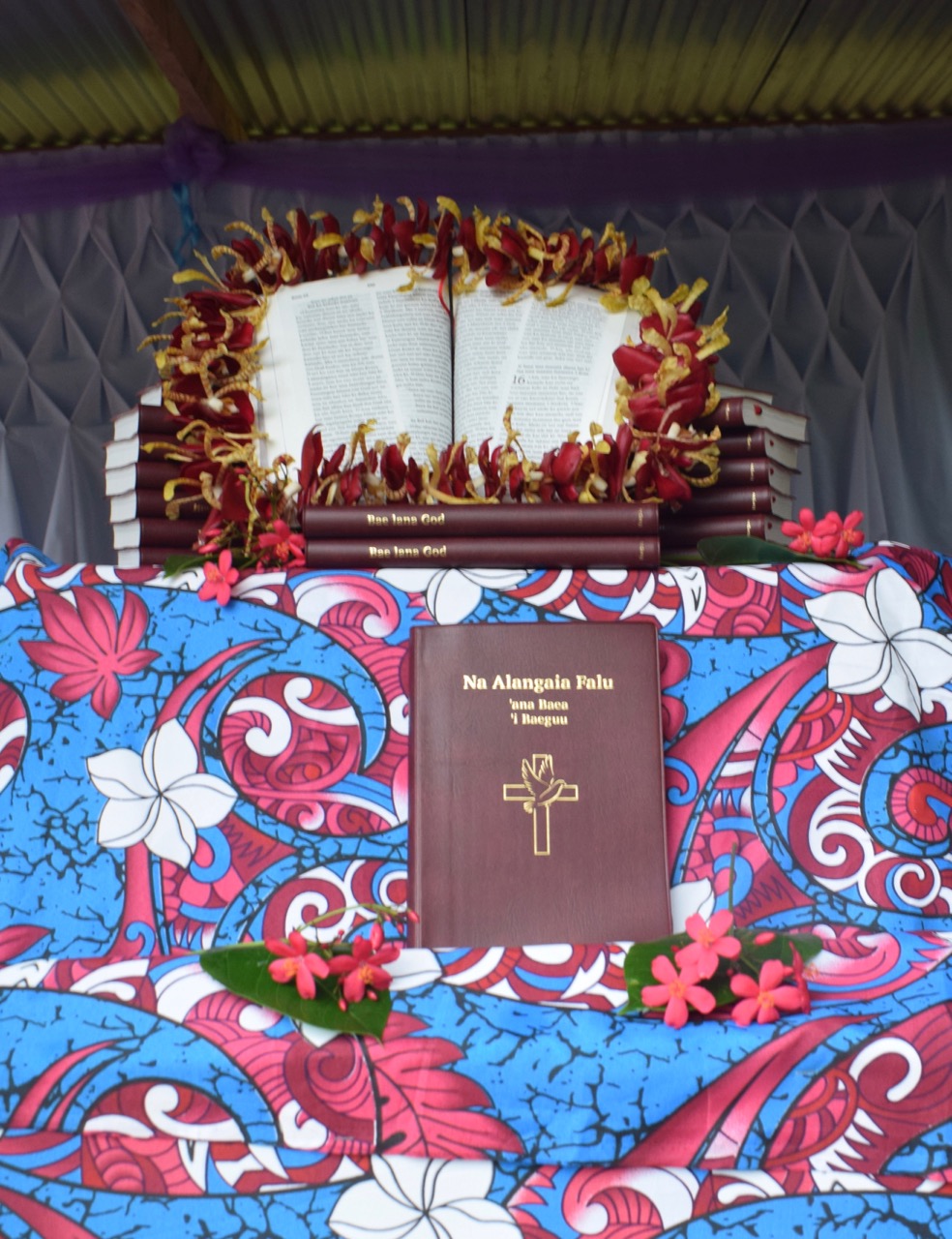
On Sunday 25 March 2018, more than 50 years after Erastus first dreamed of a translation in his own language, Baeguu speakers gathered in Aifa Village in North Malaita to celebrate the launch of the New Testament.
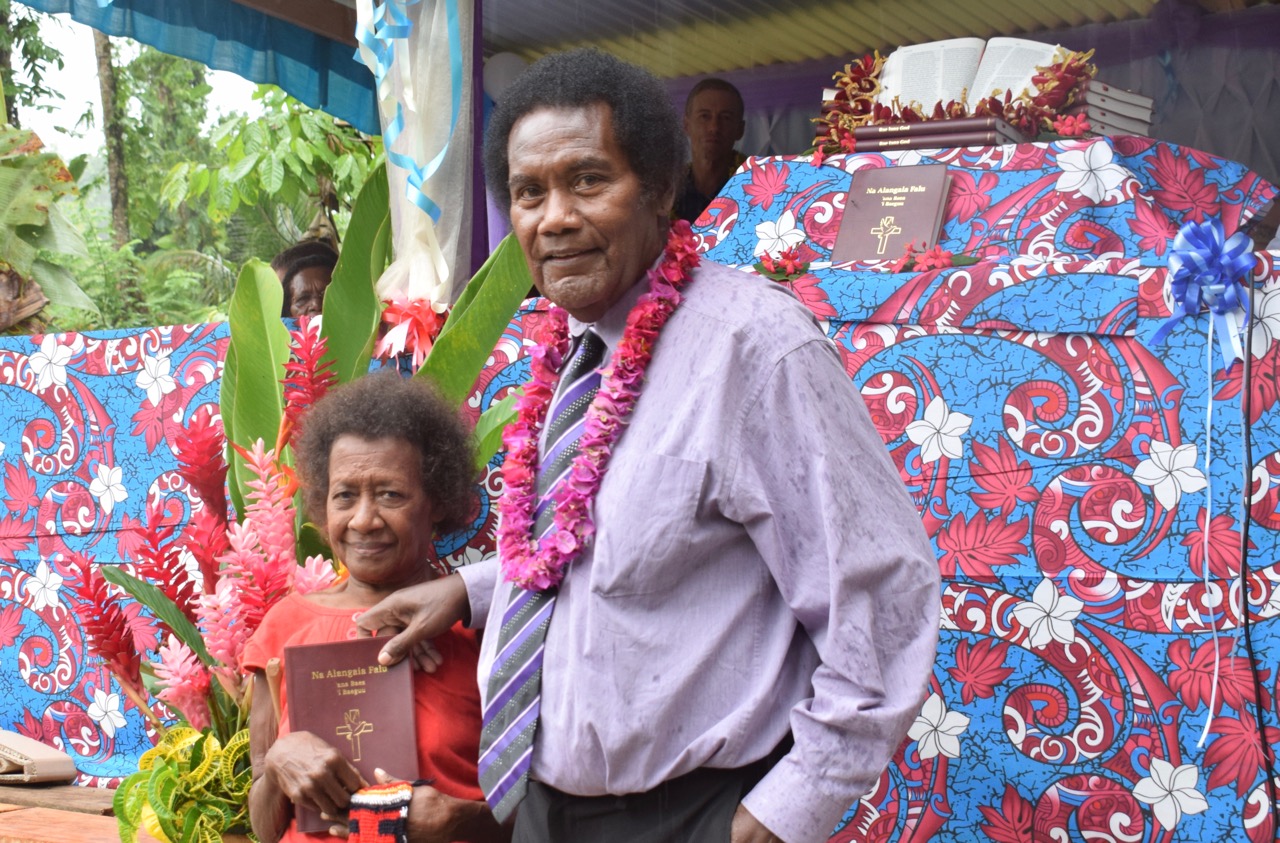
During the launch service, Erastus presented the first copy of the Baeguu New Testament to Irene, the woman who taught him to read the English Bible so many years ago and helped him to start his walk with Christ.
Tim and I have known Erastus and Lois since we first arrived in the Solomon Islands. Erastus was our Pijin teacher. It was an honor to attend the launch and celebrate with Erastus and his family and see the Baeguu people receive God’s Word in their own language.
Erastus’s wife Lois, daughter Delwyn and grandsons, Ethan and Ian, were proud to witness the launch. Erastus expressed his gratitude for the familiy’s strong support throughout the translation process.
The launch was held in a remote village on Malaita Island. From the provincial capital, Auki, we boarded a vehicle at 2 am and traveled 5 hours or so where we were dropped off. From there we hiked to Aifa Village, crossing the Safafa River through knee deep fast flowing waters. Rain fell Saturday afternoon and continued into Sunday.
After the lauch service there was a feast and then it was time to make our way back to the road where we were to meet the vehicle to take us back to Auki. With all the rain we’d had, our local village hosts suggested an alternative route back that only required 1 river crossing. The waters were about waist deep and our local friends helped us walk across. The bush track on the other side was muddy and slippery. At one point, my feet flew out from under me and I put my left hand out to catch my fall and broke my radius near my wrist.
One of the members in our group had a sling, Two local young women accompaying us walked on either side of me. They were strong, nimble and gracious and we made it back to where the vehicle picked us up again. A couple hours later, we stopped at a clinic where a couple of nurses managed to put a makeshift splint on my arm, and we drove on to Auki.
The next morning, I managed to get on a flight that had been fully booked and made it back to Honiara where Tim was waiting for me. We went to the hospital for x-rays and saw a doctor who advised us to come back on Tuesday for an appointment in the ortho clinic.
A few months ago, an Australian married couple who are volunteer doctors at the hospital, started renting the house next door. They are Christians and attend our church and Bible study. David is an ER doctor and has set many broken bones. His wife offered his services when he returned from a trip to Papua New Guinea on Wednesday. A friend picked him up at the airport and drove him to our house. Then we drove him down to the hospital where he sedated me and, along with another doctor, they set the arm. David’s lovely wife, Tracey assisted.
They tell me the arm is not ‘perfect’, but pretty good. Next week I will have a follow-up x-ray to check on things and make sure the bones are correctly aligned and healing well.

